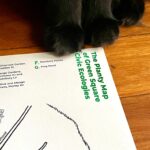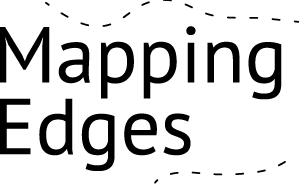Place-based Methodologies: Overview

The concept of place has been the subject of multiple debates, reflecting humanities and social sciences’ increasing interest in space and place. Because of these debates there are multiple definitions of place and multiple ways to study place. This resource responds to the need to organise and critically present place-based methodologies. A methodology is understood as an assemblage of methods grounded in a shared approach and emerging from one’s project’s questions or hypothesis.
In 2018, during a sabbatical, we were Academic in Residence at the University of Technology Sydney (UTS) LX.lab with a project to develop resources on place-based methodologies that drew on our and our colleagues’ research expertise, and that could be used by students. LX.lab skills in project management, podcasting and web design made the first iteration of place-based methodologies possible: you can read more about this project here, and more about the podcasts here and here.
Our place-based methodology has been published here in Design Studies, Volume 85, March 2023, 101168
This site is organised in four sections:
- Methodologies locate each methodology in current debates, provide examples of each methodology in action in different disciplines, explain in detail commonly used methods and offer a list of practical tips on how to use these methods to ‘do’ inquiry-based work. Each methodology is linked to relevant podcasts and glossary.
- Podcasts collect conversations with researchers and teachers working in a variety of disciplines at The University of Technology Sydney and other institutions. Hear directly from these researchers to learn about how they think about, choose, and use specific methodologies.
- Glossary is an index of key terms used in the Methodologies section.
- Additional Resources provides up to date, multimedia resources about place and about each methodology.
If you are interested in working with us using a place-based methodology to do graduate research at UTS (Masters or PhD) please contact us to discuss your proposal. Start with an Email that includes:
- A few short sentences introducing yourself and how your research fits with Mapping Edges
- A copy of your current CV (Download CV template)
- A draft of your research proposal
- Copies of your Academic transcripts

